This is my second post about books this month, as I already blogged about the latest book by Philippa Gregory. The Last Tudor was published last month and I wanted to talk about it as soon as I finished it. There is a link at the end of the post to the review. This month I finished 5 books, bringing the total at 51 this year.
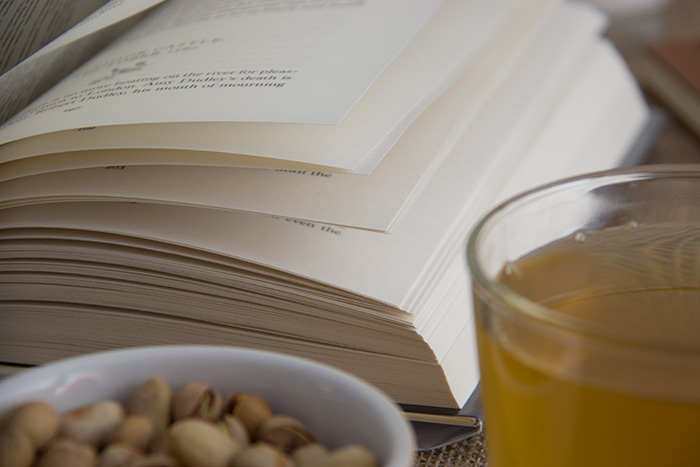
My choice of books is quite unusual, but if you’ve seem my posts so far I think you are already used to this. I seem to continue to be drawn these days to non-fiction, hence 3 of them are non-fiction, one is historical fiction based on real historical facts and the last one is a poem book.

None of Us Were Like This Before. American Soldiers and Torture by Joshua E.S. Phillips
It was hard to read it, not because of the style, but of what it was written in it. In the book is talked about Abu Ghraib and Guantanamo. The author goes into details about torture and it’s hard to comprehend why did U.S. authorities allowed this to happen. Prisoners died in captivity (a lot of them) and nobody was wondering why. The whistle-blowers had their lives shattered after coming forward and military personal that abused the detainees committed suicide (accidental death is written in the military reports despite having multiple suicide attempts).
I just hope this is not as widely happening as it seems in the book. I say this because, the last thing I want to accept, is that, from the money I contribute through tax, the army is paid to rape/sexual assault prisoners and call it “interrogation” (have a look at the pictures from Abu Ghraib on wikipedia, a warning though, they are disturbing).
Besides, torture doesn’t work. It’s as simple as that. It might seem to work in movies, but in the real world, nothing is happening like in the series 24. There is no data to support the idea that torture leads to intelligence being extracted from prisoners with these methods.
Phillips mentions Hanns Scharff, a German Luftwaffe officer from WWII, was called “Master Interrogator”. Because his techniques were so efficient, he was called to give lectures on his interrogation techniques to United States Air Force. He was against physical abuse, but relied on empathy, a relaxed and casual conversation, language proficiency and treating the prisoners good, well fed and receiving medical assistance if needed.
The book starts and finishes with the stories of two people who wanted to make a difference, went into war to protect their countries, abused prisoners and ended up killing themselves. The impact this has on the boys in the army is immense and they return with PTSD and guilt and have to deal with it on their own. When it comes to abuse, they will not talk openly about it for fear of prosecution.

Selected poems by Aphra Behn
Aphra Behn is the first English woman to earn her living by writing, in the 1600s. She was born in 1640.
She was witty and funny if I judge by her poems. She died at 48, but managed to do amazing things in her life, including being a British spy in Antwerp in 1666. She was also imprisoned for debt, but this led her to write for an income. Besides poems, she wrote novels and plays, one of them acted by Nell Gwyn, mistress of Charles II. She is buried in Westminster Abbey.
Luckily for us, her work is still in circulation today. I’ve borrowed a book of poems and I enjoyed it a lot. For that period, her poems are amazingly explicit. She talks openly about sex, also about women’s role in society. The best known poem is “The Disappointment”, the subject is obvious from the title. But, one of my favourite poems of her was To Mr. Creech (under the Name of Daphnis) on his Excellent Translation of Lucretius, and I quote:
“Till now, I curst my Birth, my Education,
And more the scanted Customes of the Nation:
Permitting not the Female Sex to tread,
The Mighty Paths of Learned Heroes dead.
The God-like Virgil, and great Homers Verse,
Like Divine Mysteries are conceal’d from us.“
Sadly, after 450 years, we are still struggling with men-women equality, including when it comes to schooling. I would recommend “No more boys&girls” on BBC, it sheds an interesting light on the present day issues faced in the Kingdom.
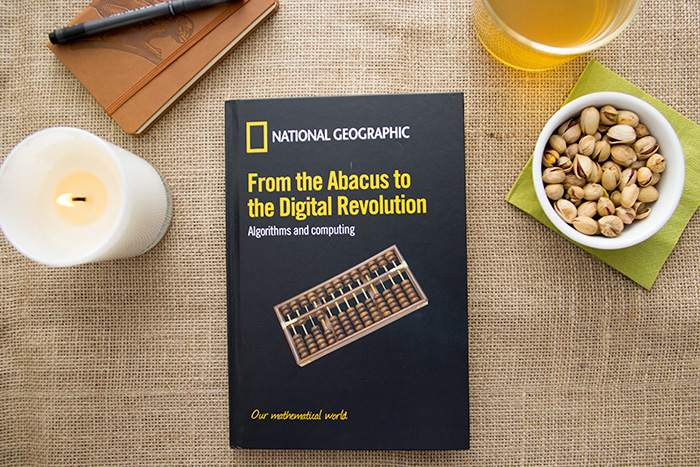
From the Abacus to the Digital Revolution. Algorithms and Computing by Vicenc Torra
It was a fun book to read. It was interesting to learn about the different machines that were built for making calculus. I discovered that Charles Babbage created a steam powered computer in the 1800s. I also found out that Ada Lovelace, Lord Byron’s daughter (yes, the poet!), was the first programmer.
There isn’t much I can say about the book, besides read it if you have the chance. I loved it.

The Missionary Position. Mother Theresa in theory and in practice by Christopher Hitchens
The name of the book is more controversial than the book itself. I though Mother Theresa was a caring woman and if only half of the things written in the book are real, I couldn’t be more wrong. Her stance on contraception is, well… Christian, and the same can be said about her stance on abortion. That wouldn’t be a problem unless she tried to persuade politicians to act against free choice. It shouldn’t be a matter for politicians or clergy to impose their views as is none of their concern what women want to do. It’s not their body and it’s not their moral values. It’s something I feel very passionate about.
She was involved with all sort of politicians and she tried to intervene in the case of Charles Keating, accused of fraud. I was horrified to read about other things, like how cancer patients were treated in her hospice, the amount of money in the bank that weren’t used for people in need, her way of treating the nuns. I think this book should be a reminder/wake up call that not all charities are as charitable as one might think. Also, if something is in the newspapers it doesn’t mean that it’s also correct. Before giving money to a cause because it looks nice in the newspapers, try to find out if their beliefs are inline with your own.
I think the book is a must read for all Christians and the ones donating to charity. For me the book was a revelation (pun intended).

Reviewed earlier in the month: The Last Tudor by Philippa Gregory

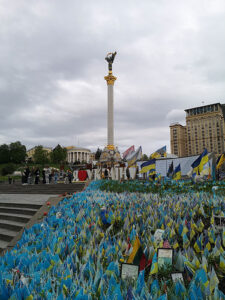


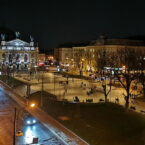
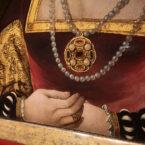

Gosh, the final book about Mother Teresa sounds very interesting. I’ve heard many stories about how she wasn’t the woman Christianity painted her to be. I’ll be reading that, for sure! None of Us Were Like This Before sounds incredibly sad, and horrific also.
I would recommend the book on Mother Theresa. I thought she was a loving, caring woman whom dedicated her life to charity. But some things weren’t quite right.
The book on torture is horrific indeed. It’s easy to imagine movies like The Game of Thrones being an unreal story, but when it comes to the real stuff… it’s scary.
51 books this year so far? Wowza! That’s so good though. I haven’t even read one… I need to up my game!!
Thank you. I’m so glad I started reading daily again. It makes my life so much better than watching TV. My husband reads too and we have lovely chats about the books we both enjoy.
Just read your review on ‘ The Missionary Position ‘ you have made me realise ‘Mother Teresa ‘ may not be like we all thought she was. That is if the book is true.
Hitchin made intensive research, so I imagine most of it is true and that is the very sad part. Do read it if you have the change.